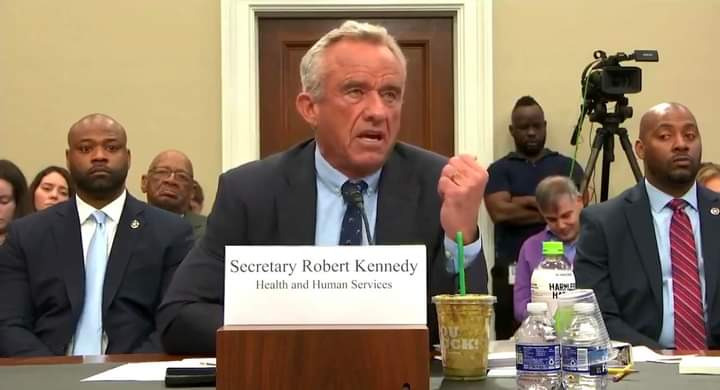Senator Elizabeth Warren has issued a fervent call to action, warning that former President Donald Trump’s policies pose a direct risk to America’s public education system. Addressing educators, administrators, and support staff nationwide, she emphasized the urgent need for unity across political and ideological lines. “This is a pivotal moment for everyone who believes in accessible education,” Warren declared, framing the struggle as a defense of equal opportunity. She urged teachers, bus drivers, librarians, and communities to resist efforts that could deepen disparities, stressing that the stakes extend beyond partisan divides. Her message underscored a collective responsibility to safeguard schools as pillars of democracy and mobility.
Warren’s appeal highlighted her vision of education as a universal right rather than a privilege reserved for the affluent. She argued that dismantling public schools would disproportionately harm marginalized communities, leaving countless children without the tools to thrive. “This fight isn’t about politics—it’s about ensuring every child, regardless of background, can pursue a fulfilling future,” she asserted. By invoking roles often overlooked in education debates, from cafeteria workers to custodial staff, Warren sought to broaden the narrative, positioning public schools as ecosystems sustained by collaboration. Her rhetoric aimed to galvanize grassroots support, portraying the conflict as a moral imperative rather than a partisan skirmish.
Critics, however, swiftly dismissed Warren’s warnings as hyperbolic and self-serving. Accusing her of exploiting education fears to rally support, opponents argued that her claims misrepresent broader reform efforts. “Her alarmist tactics are a distraction from failed policies,” one detractor contended, alleging that Warren prioritizes ideological agendas over practical solutions. Others questioned her credibility, suggesting her focus on unity contradicts past partisan rhetoric. These rebuttals reflect a deepening divide over education’s role in society, with some viewing Warren’s campaign as a veiled attempt to resist accountability in school funding and performance standards.
Amid the clash, Warren doubled down on her stance, insisting the threat to public education is both immediate and existential. She warned that privatization schemes and budget cuts could erode decades of progress, leaving underfunded schools to struggle with overcrowded classrooms and outdated resources. “If we falter now, we risk abandoning an entire generation,” she cautioned, framing the debate as a battle for America’s soul. Her supporters echo this sentiment, citing rising inequality and the erosion of trust in public institutions as catalysts for action. Yet, skepticism persists, with many demanding concrete policy alternatives rather than broad-strokes advocacy.
The escalating debate underscores a fundamental tension in American education: who gets to shape its future? While Warren champions a collective, inclusive approach, her adversaries advocate for decentralization and market-driven reforms. This ideological stalemate leaves educators and families navigating uncertainty, unsure whether to brace for upheaval or embrace change. As the 2024 election looms, the discourse around public schools promises to remain a flashpoint, testing the nation’s commitment to equity and its willingness to bridge divides in pursuit of shared goals.



